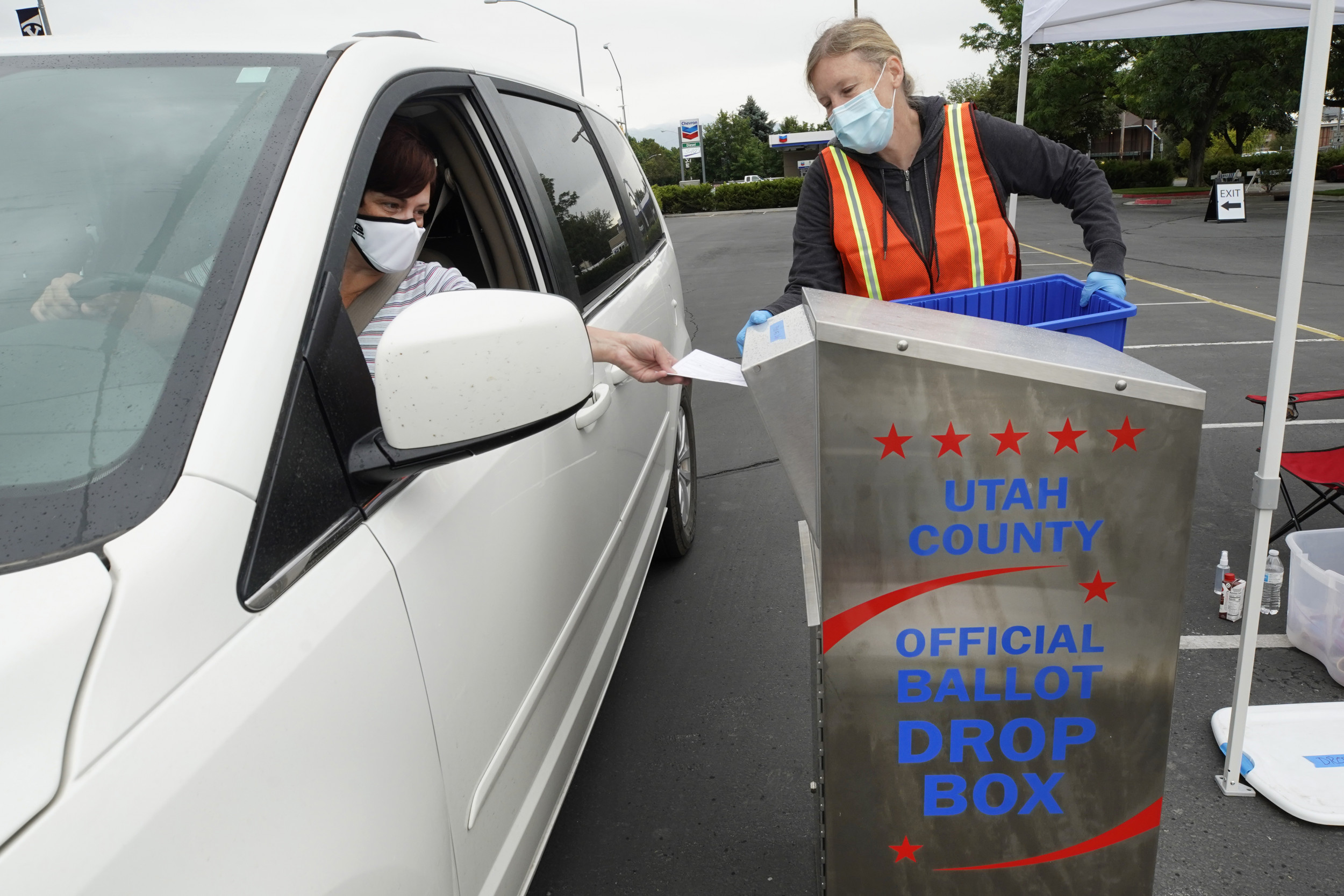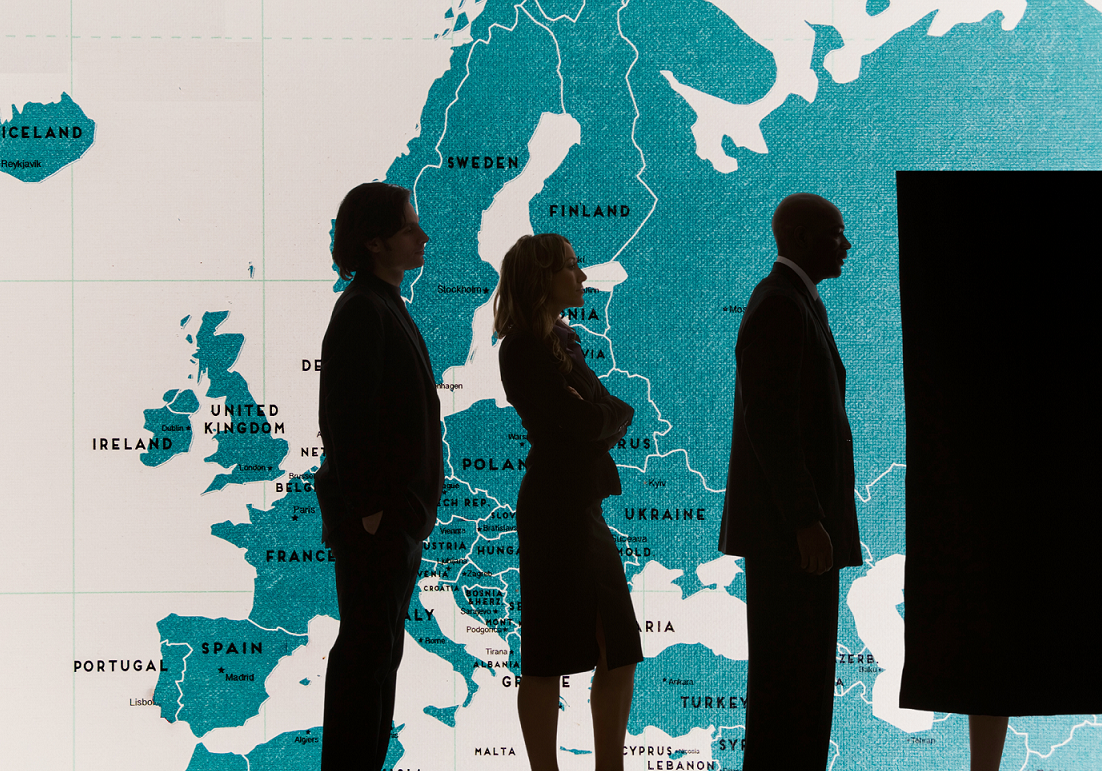Fueri
Platinum Member
- Nov 16, 2015
- 6,268
- 3,982
- 1,065
Signature verification is sufficient to identify the voter unless there is a skilled forger with a sample of the voter's signature and his ballot. In that case, verification will probably not catch the culprit. The state position is that it is very unlikely a ballot will be delivered to a skilled forger who has a sample of the voter's signature.In states that do all mail voting, the most important safeguard is not the signature check but getting the ballot in hands of the valid voter. The signature check works well to spot a forger who is forging a signature without having a sample of the signature to go by. This would occur if the ballot was delivered to the wrong address or the ballot was some how lost and a stranger found it and decided to cast that ballot not having a copy of the voters signature. These events are very rare and are certainly out weighted by the increase in voter turnout in all mail elections.Signature verification is supposedly the cornerstone of mail in ballot security.
It is basically a joke in the first place for several reasons, the first if which is the simple fact that actual handwriting analysis takes years to learn and is normally done by people with degrees in the sciences in the first place.
Anyone that thinks a bunch if volunteers were adequately trained in time to allow for any real level of proficiency in this for this election and the massive expansion of this is nuts, making the supposed safeguard largely ineffective
Add to that that some security measures were actually removed in some states and we end up with the shit show we have.
Im not de facto opposed to mail in voting, but getting there is a process that takes years, not a snap reaction to a virus. We were not ready for this by any stretch of the imagination for this election.
Interesting opinion, and proper delivery is certainly important, however, the signature of the voter on the ballot is their identification. It is what proves, or is supposedly what proves, that the intended voter submitted the ballot.
Signature verfication is one of several layers of security meant to safeguard a critical process.
Rolling some of those back, as was done for this election, is foolhardy. To your point of proper delivery, simply mailing ballots to all voters does not see to that requirement.
Expanding the scope in such a fashion as to outrun the ability to properly train volunteers to execute one of those safeguards is also foolish.
Last edited:


